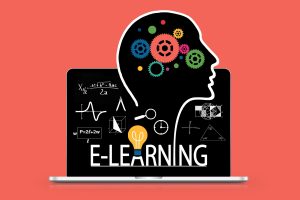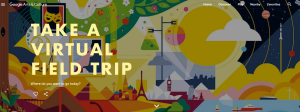Technological development is rapid, and these advancements have changed almost every aspect of our lives. Digital literacy- the ability to navigate, evaluate and create digital content – is crucial for this digital age. This is amplified in South Africa where institutionalisation of digital citizenship education in the curriculum is imperative, given that many young people carried away without understanding the long-term impacts of a digital world. However, the implementation of digital citizenship education is faced with many challenges.
Firstly, there is an issue with the curriculum. Although possibly intended to be a technology integration curriculum, the current curriculum focuses more on justifying the use of technology rather than developing relevant digital literacy skills. Technology is used in the classroom, but only as a digital tool for rote learning, and hence the real value of teaching students to question, evaluate, responsible use of the online digital space is not emphasised as a part of the curriculum. Moreover, schools do not have the capacity to facilitate the curriculum. This is because of the digital divide, as access to technology and access, to the internet is still unequal, and many schools in rural and poor areas do not have the infrastructure to drive this curriculum. Hence, students are not given enough opportunities to develop their digital skills.
Lastly, teachers are not adequately trained to teach the curriculum. The empowering ability of a good teacher is hindered by the fact that these teachers understand very little about digital literacy and do not quite understand how to teach it. Moreover, analysis of teacher training things that some teachers are also likely to resort to a mere completion of the curriculum, rather than considering the effectiveness and practical use of the curriculum. As such without solving these constraints there are serious implications in place when students are not properly educated in the full understanding of these constraints. For one, they are very gullible and can be easily swayed by misinformation in these online social media sites. Moreover, they might fall victim to identity theft, or become pariahs to some deep entrenched internet bullies. They will not be able to participate actively and effectively in the online South African economy when they graduate and be productive citizens of the South African society. For these reasons, the government should expand digital citizenship education by firstly solving the issues.




